How to effectively organize the work of the newsroom? What role do managers and teams play in this process? What tools contribute to the promotion of media, and is it possible to create an ideal newsroom today with limited resources? These and other questions were discussed by participants in the workshop called Organization Of Editorial Work – Five Rules Of (Non)Ideality, which took place at the Dnipro Journalists’ Solidarity Center (JSC) of the National Union of Journalists of Ukraine (NUJU). Experienced communicator and media professional, trainer of the public organization GOLOS PRO Nataliya Babachenko shared her experience.
In the modern realities of the media industry, newsrooms are forced to look for effective ways to organize their work, particularly under limited resources. At the same time, media professionals who aim to organize a newsroom from scratch face a range of challenges, from financing problems to finding a team, creating content, and forming a promotion strategy. But despite the difficulties and risks, there are also prospects.
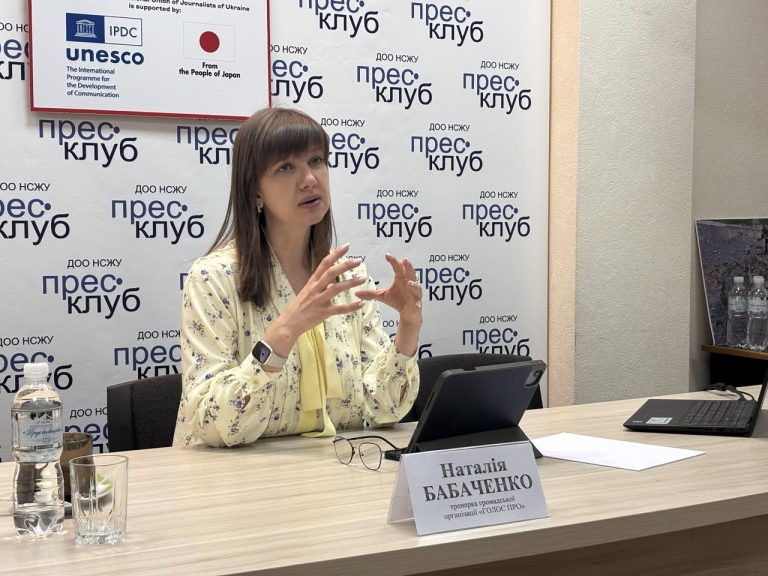
During the workshop, practical steps for organizing the successful work of the newsroom were discussed. In particular, the importance of creating an organizational structure that helps to clearly understand how everything should work, who does what, and who is responsible for what was discussed was discussed. The participants in the meeting learned about the role of a manager in the newsroom, as well as the principles of forming and operating a team to ensure effective work. And although the latter may seem obvious, in reality, as Ms. Nataliya noted, it is not:
The practical part of the workshop was devoted to the issue of creating high-quality content and promoting the media. After all, without an effective promotion strategy, the trainer emphasized, even the best content can remain in the shadows. Having divided into two groups – a conventional TV channel and a website – the participants performed tasks to find ways to interact with the audience, come up with activities that would promote the media on social networks, and also unite the team.
Among the participants in the workshop were also student journalists. Not all of them had experience working in a newsroom, so practical exercises gave them the opportunity to try themselves as a member of a media team.
Thus, the workshop called Organization Of Editorial Work – Five Rules Of (Non)Ideality became a useful, practical platform for media professionals and future media workers who seek to improve the work of their media or even form a new one. And the ideal use of non-ideal conditions can be the key to successful media.
Therefore, we recommend paying attention to the following aspects:
- a clear structure of the newsroom, which allows you to optimize work processes, distribute duties, roles, and areas of responsibility;
- effective management, which ensures rational management of resources, time, and tasks;
- the formation of a professional and motivated team that shares the values of the newsroom;
- the creation of high-quality and relevant content;
- active promotion of the media through available channels.
Call the Dnipro JSC by dialing 050 919 8479 (JSC coordinator Nataliya Nazarova). The Center’s address is 8 Starokozatska Street.
ABOUT JSC
The Journalists’ Solidarity Centers is an initiative of the NUJU implemented with the support of the International and European Federations of Journalists and UNESCO. The initiative is designated to help media representatives working in Ukraine during the war. The Centers operate in Kyiv, Lviv, Ivano-Frankivsk, Chernivtsi, Zaporizhzhia, and Dnipro and provide journalists with organizational, technical, legal, psychological, and other types of assistance.
ABOUT UNESCO
UNESCO is the United Nations Educational, Scientific, and Cultural Organization. It contributes to peace and security by promoting international cooperation in education, sciences, culture, communication, and information. UNESCO promotes knowledge sharing and the free flow of ideas to accelerate mutual understanding. It is the coordinator of the UN Action Plan on the Safety of Journalists and the Issue of Impunity, which aims to create a free and safe environment for journalists and media workers, thus strengthening peace, democracy, and sustainable development worldwide. UNESCO is working closely with its partner organizations in Ukraine to provide support to journalists on the ground.
The designations employed and the presentation of material throughout this digest do not imply the expression of any opinion whatsoever on the part of UNESCO concerning the legal status of any country, territory, city, or area or its authorities or concerning the delimitation of its frontiers or boundaries.
The authors are responsible for the choice and the presentation of the facts contained in this digest and for the opinions expressed therein, which are not necessarily those of UNESCO and do not commit to the organization.

 THE NATIONAL UNION OF
JOURNALISTS OF UKRAINE
THE NATIONAL UNION OF
JOURNALISTS OF UKRAINE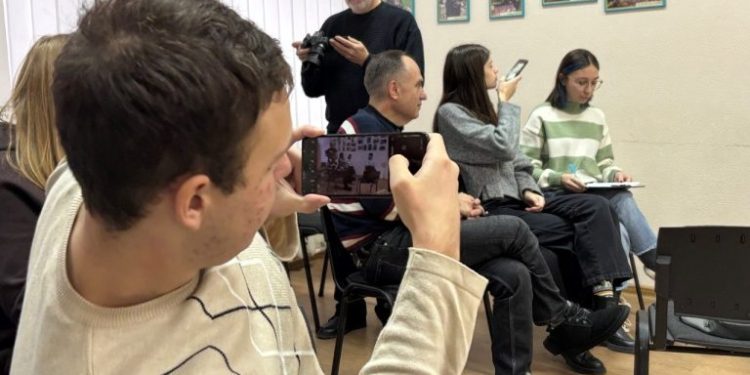
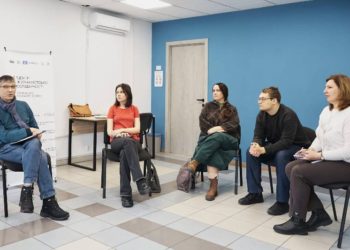
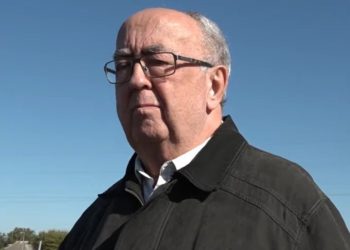
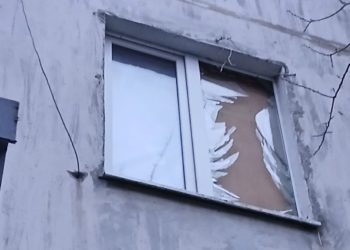













Discussion about this post